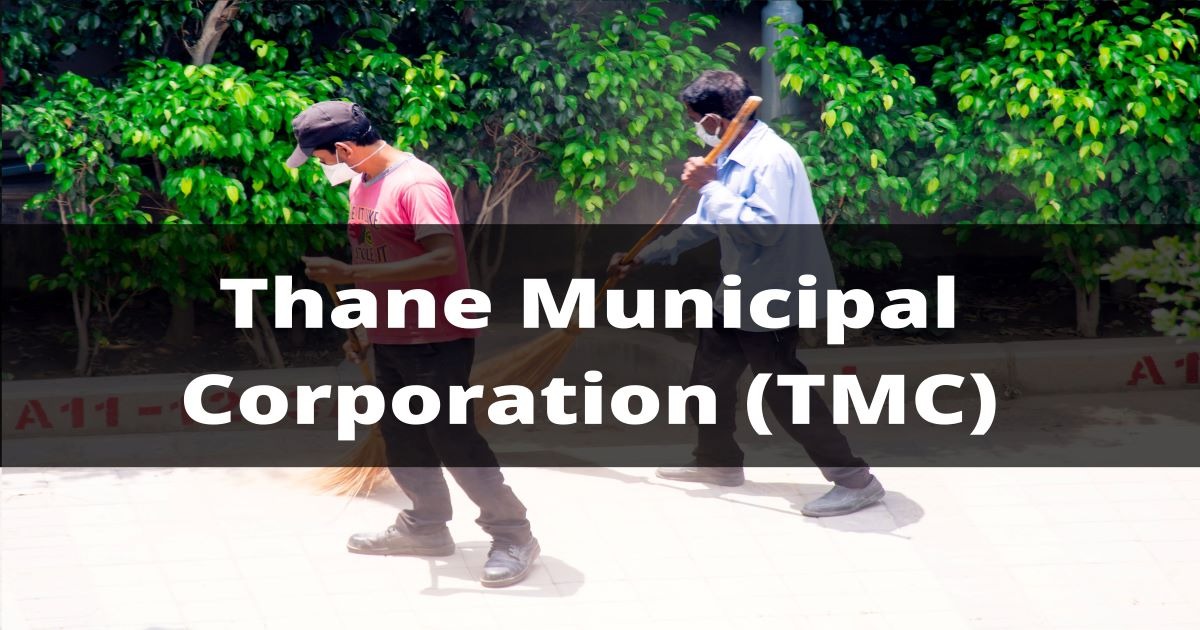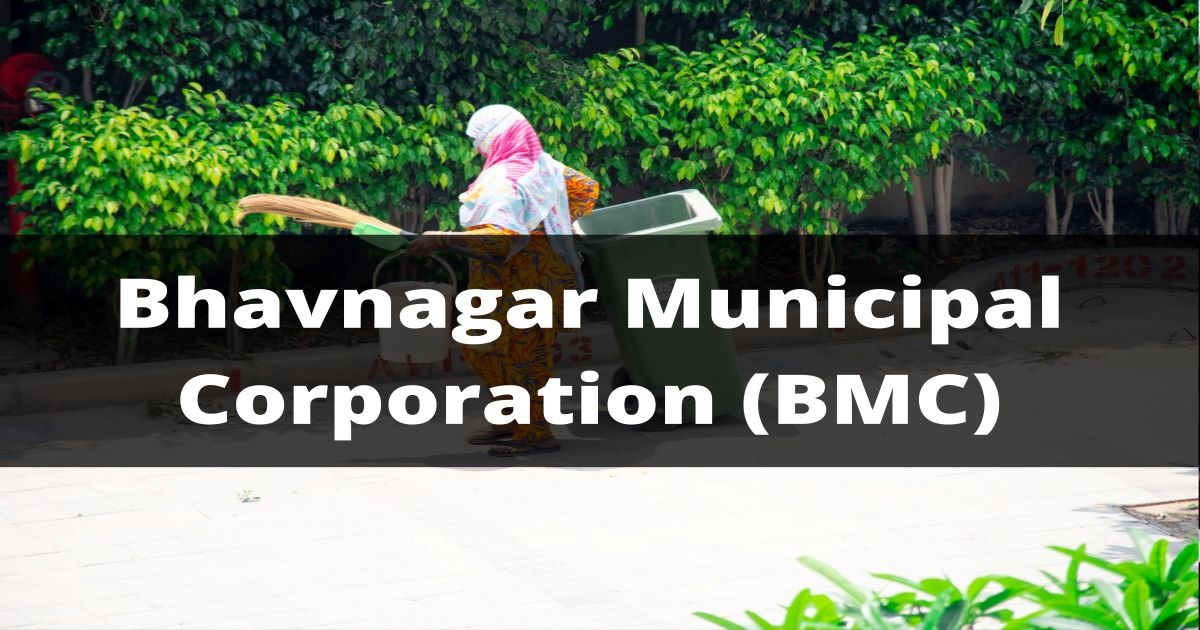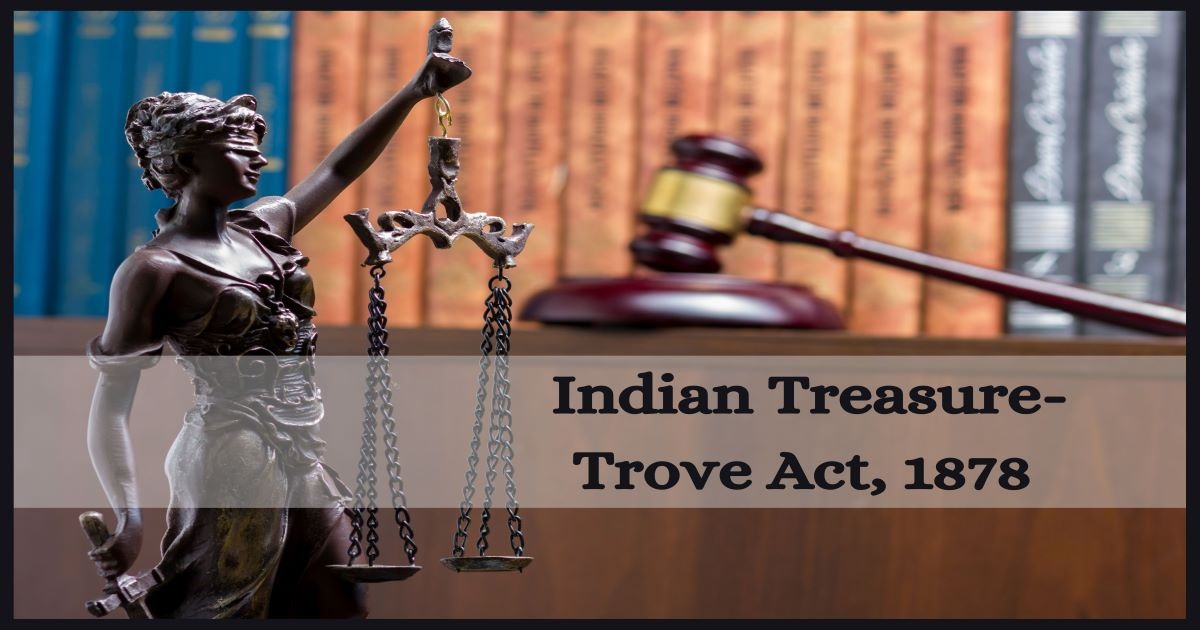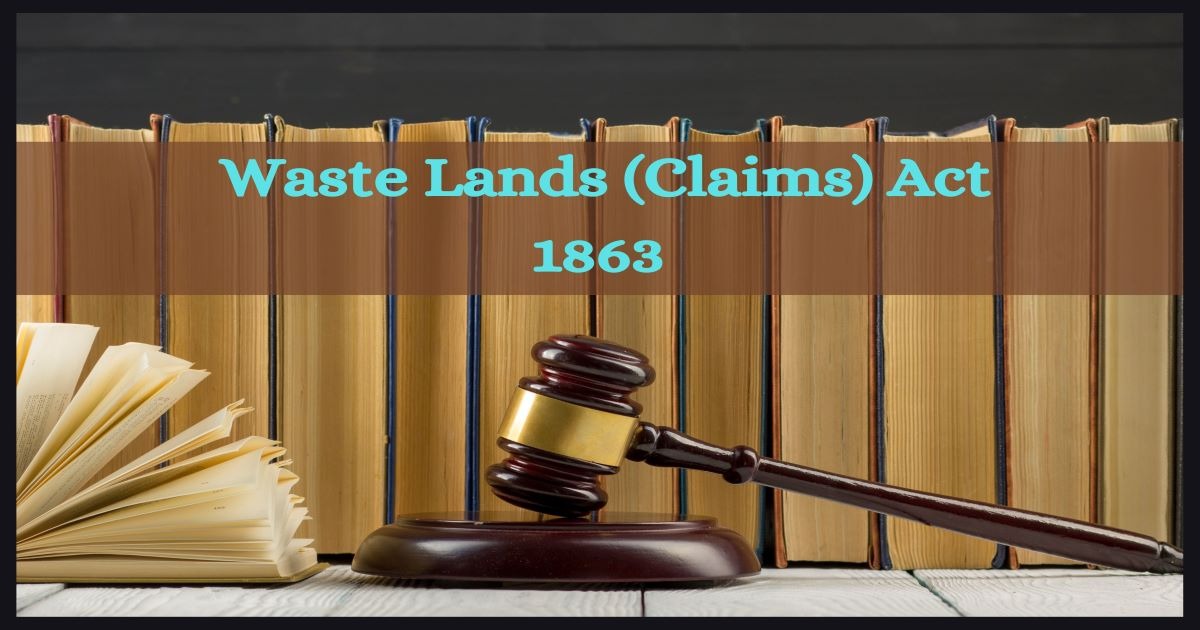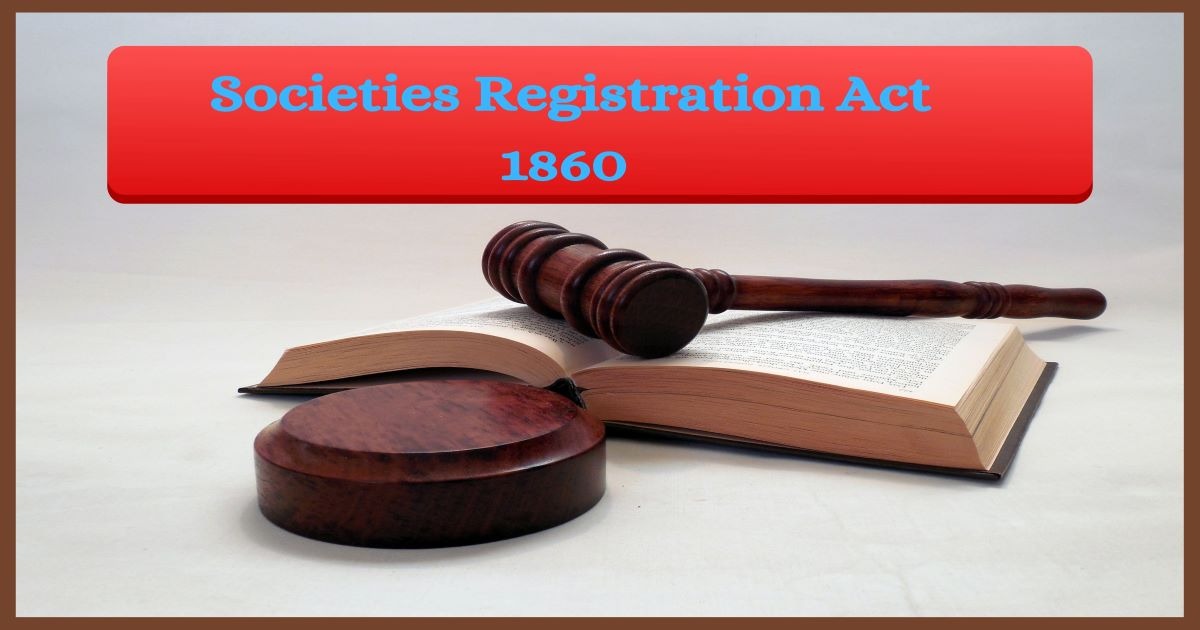Power of attorney (POA) often comes into play for property deals. However, what are the points that you should keep in mind regarding the same? Here are some useful tips that will help all parties involved in POAs or those considering purchases of properties which have POAs attached to them.
Power of Attorney (POA) is basically about transferring the rights to a family member, trusted relative or friend to act on your behalf. The POA will allow this holder of the same, to take legally defined decisions and implement actions on the behalf of the donor in the matter. The person giving the POA to someone is called the donor while the holder refers to the one getting the same.
However, you should always take some precautions before attempting anything of this sort.
Table of contents
Keep These Points in Mind
- Firstly, you should know the core differences between a Letter of Authority and the POA. The former is okay when it comes to executing smaller jobs but bigger jobs involving assets like property and higher monetary amounts will be better implemented with a POA.
- Make sure that you have got the POA registered while paying the stamp duty that has been recommended in this case by the State in question. The place of execution of the POA will be the legal jurisdiction while paying the stamp duty. Non-registered POAs will not be enforceable in the courts and this is something that you should always keep in mind.
- There should be the photographs and signatures of the donor and holder in the POA which will be a good information back-up if transactions are disputed in the future or any legal remedies are needed.
- The holder should always check whether the donor or the principal in the Power of Attorney (POA) possesses a valid title towards a property and also whether his or her name is shown as the owner in the revenue records of the Government. Before accepting this POA, the holder should also check whether the no-encumbrance certificate is there or not.
- The obligations and legal rights of the holder and donor should be listed clearly in the document. This includes decision-making regarding hypothecation, leasing and selling/buying of the property in question. For getting loans on the basis of the POA, check whether the holder will have the power to sign all documents and create the mortgage in collaboration with the financial institution on the donor’s behalf.
- Make sure that the POA is legally in force on the date of implementation of any other document based on the same. The principal or donor should also be alive. Otherwise, the POA will not remain valid and pre or post dated documents are unacceptable while registration of the same with the authorities.
- If the execution of the POA happens abroad, make sure that it is signed or notarized before officials of an Indian Consulate with proper adjudication within a maximum period of 120 days from the execution date. This is vital since NRIs are the ones usually providing POAs for operating local demat, online trading and bank accounts along with carrying out property transactions and loan formalities on their behalf.
- One should also verify the original and registered GPA (General Power of Attorney) with clear rights and no disputes. The description of the property should also be clear and transparent.
Types of Power of Attorney
1. General Power of Attorney
An individual may provide a total general power or right to another person for acting on his or behalf on account of bank accounts, properties, tax payments and other aspects. GPAs may be provided for all such affairs or only for a specific aspect like a property deal for instance. This may have some risks if the attorney is not reliable.
2. Special Power of Attorney
The special power is only given for a specific duty or job. Once this is done, the SPA will be terminated. This is usually done for things like property registration and so on.
3. Non-durable Power of Attorney
This is used for highly specific deals where the agent is given the power to function on someone’s behalf. Once the deal is finalized, this POA will conclude accordingly.
4. Durable Power of Attorney
This is broader than non-durable counterparts and is given for enabling holders to manage almost all affairs of the donor. This becomes effective instantly upon the principal being incapacitated. It will expire automatically upon the death of the donor or principal.
5. Limited or Special Power of Attorney
This is given on a restricted basis for any one-time banking, property or financial deal. It is used more frequently when the principal cannot finish any transaction owing to reasons like medical problems, previous commitments and so on. The agent will have no other functional rights other than what is listed out within the limited POA.
Clauses Which Should be There
- Name, address, age and profession of the principal.
- Details of the individual who will be the holder.
- The place and date of creating the POA deed and its starting date.
- Concluding or expiry date for the POA.
- For special POAs, the statutes should spell out the tasks of the agent and the time period for doing the same.
- General power, if granted, should come with the attorney being authorized by the principal for tasks mentioned as clearly as possible. If donors do not want anything to be done, then that should also find a mention in the document.
Selling Property via GPA- What to Watch Out For
A GPA will give broader powers to an agent while the SPA will cover any specific task or job. A GPA may collect rentals, pay utility bills, settle or manage any legal disputes, execute property transactions and execute all banking jobs as well. An SPA offers specific authority, i.e. finalizing a property deal or registering a property for instance. The POA should be suitably registered at the office of the sub-registrar for ensuring legal validity. The POA will have validity till the lifetime of the principal. It may be revoked within the lifetime as well. In most cases, for titles of properties, sale deeds should be implemented and after this, the buyer will have to pay registration and stamp duty. Sellers will also have to fork out capital gains taxes although transfer of properties via GPAs helps in avoiding the same.
GPAs often make it possible for property sellers to finalize transactions even without property titles which are legally clear. GPAs become their sole option in this case. Buyers often knowingly go into these deals since they can afford properties at comparatively cheaper rates as compared to market rates. Agricultural lands could not be sold off to buyers for residential reasons without land use conversion although many owners sell plots without getting into these technicalities. They use GPAs for selling off their properties. There are other limitations which lead to owners engaging in such sales via GPAs. In Government housing plans for instance, where units are majorly given on leases, there is a specific duration prior to allottees being able to sell their properties. To avoid these hassles, GPAs are often used for transfer of units.
Make sure that you do not fall into such traps and keep an eye out for any such property deal. The Supreme Court has already stated in 2011 that the power of attorney is not an instrument of transfer in regard to any right, title or interest in an immovable property. It has also asked all municipal bodies to refrain from registration or mutation of properties on the basis of such documents. It has however stated that transactions via GPAs will have legal validity. If you have a property purchased via GPA, you will not be the legal owner unless you have the registered sale deed to the same. Without this title, you cannot claim full ownership or sell the property in the future. Banking and financial institutions also avoid lending to those engaging in property deals via GPAs. Being alert is the best way out in this regard.





















